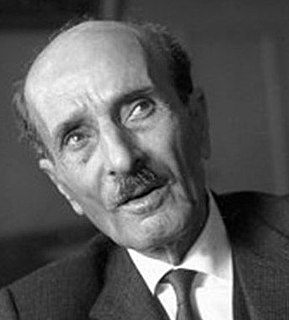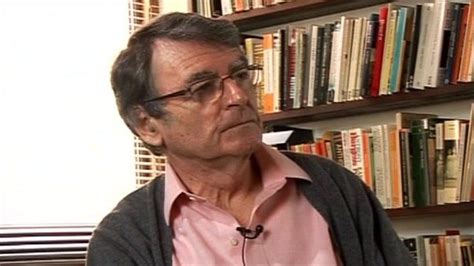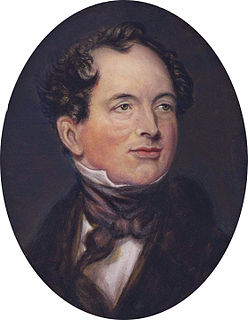A Quote by Oliver Goldsmith
And the weak soul, within itself unbless'd, Leans for all pleasure on another's breast.
Related Quotes
to read is to surrender oneself to an endless displacement of curiosity and desire from one sentence to another, from one action to another, from one level of a text to another. The text unveils itself before us, but never allows itself to be possessed; and instead of trying to possess it we should take pleasure in its teasing
To despair over one's sins indicates that sin has become or wants to be internally consistent. It wants nothing to do with the good, does not want to be so weak as to listen occasionally to other talk. No, it insists on listening only to itself, on having dealings only with itself; it closes itself up within itself, indeed, locks itself inside one more inclosure, and protects itself against every attack or pursuit by the good by despairing over sin.
Sorrow, terror, anguish, despair itself are often the chosen expressions of an approximation to the highest good. Our sympathy in tragic fiction depends on this principle; tragedy delights by affording a shadow of the pleasure which exists in pain. This is the source also of the melancholy which is inseparable from the sweetest melody. The pleasure that is in sorrow is sweeter than the pleasure of pleasure itself.
Though the eye is small, the soul which sees through it is greater and vaster than all the things which it perceives. In fact, it is so great that it includes all objects, however large or numerous, within itself. For it is not so much that you are within the cosmos as that the cosmos is within you.
Although traditional incentives such as bonuses or recognition can prod people to better performance, no external motivators can get people to perform at their absolute best. . . .Wherever people gravitate within their work roles, indicates where their real pleasure lies—and that pleasure is itself motivating.
When you're comfortable and secure, it's not enough. The mind doesn't stop there because it has to continue to focus itself as this body, so it moves to pleasure. And pleasure really is a non-existent thing. When we're experiencing pleasure, we're trying to hold onto it as it leaves, so it really isn't pleasure. Pleasure is pain because we're grasping.
At the heart of our desires is eternal happiness without the slightest hint of misery. You could say that we are pleasure seekers; however, seeking pleasure from the objects of our five senses produces fleeting moments of pleasure whereas, pleasure of one's self, a soul, is eternal and ever-increasing pleasure.






































